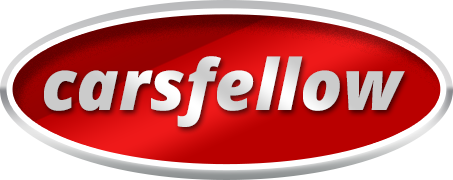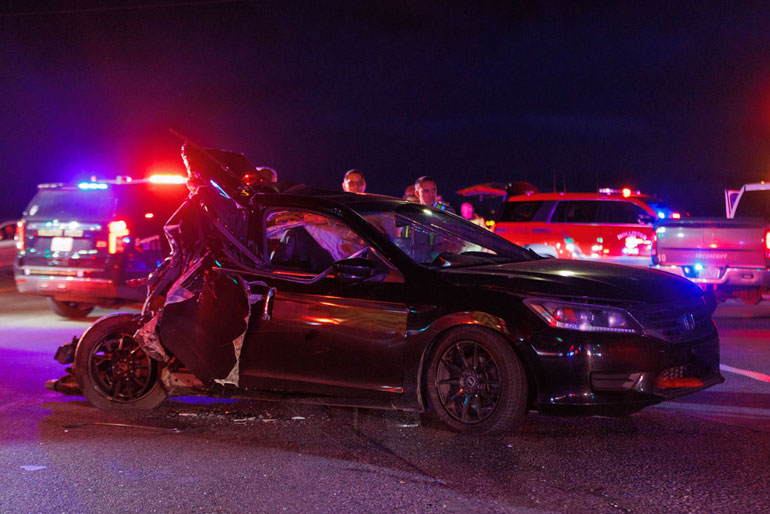Getting into a DUI collision can be a traumatic experience that not only affects your physical and emotional well-being but also leaves you dealing with a hefty financial burden. We’ll explore effective strategies for managing medical bills and expenses after a DUI collision. From understanding insurance coverage to seeking legal assistance, we’ve got you covered on your journey towards financial recovery.
Understanding The Immediate Aftermath
After a DUI collision, your health should be your top priority. Seek medical attention immediately, even if you believe your injuries are minor. Some injuries may not show symptoms right away, and delaying treatment could worsen your condition.
Start keeping track of all medical expenses from the very beginning. This includes hospital bills, doctor visits, medication costs, and any necessary therapy or rehabilitation sessions. These documents will be crucial when dealing with insurance claims.
Navigating Insurance Coverage
Reach out to your insurance company as soon as possible to report the accident. They will guide you through the claims process and explain the coverage available for medical expenses.
Medical payments coverage is an optional insurance add-on that can help cover medical expenses for you and your passengers, regardless of who was at fault. It’s essential to know if you have this coverage and how it works.
Seeking Legal Assistance
If the DUI collision was caused by another driver, consider consulting an attorney. They can help you understand your rights, negotiate with insurance companies, and potentially pursue legal action to recover expenses.
During a challenging time like this, having a legal expert by your side can provide you with peace of mind and assurance that your best interests are being represented. Attorneys experienced in injury cases can guide you through the legal process and help you make informed decisions about your next steps.
Your attorney may advise you to pursue compensation for medical bills and other expenses from the person who caused the accident. This can include medical costs, lost wages, and more. By building a strong case and presenting evidence of the other party’s fault, you have the potential to secure a fair settlement that can help alleviate the financial strain caused by the collision. However, legal actions can be complex, so having a skilled drunk driving accident attorney on your side can greatly increase your chances of a successful outcome.
Exploring Financial Aid Options
If your medical bills become too much to handle, look into government or non-profit medical assistance programs that can help lighten some of the financial burden. These programs are designed to provide support to individuals who are struggling with medical expenses. Eligibility criteria vary, so it’s important to research which programs you may qualify for. These programs can help cover a portion of your medical bills, making it easier for you to manage your financial situation during the recovery process.
When it comes to your medical bills, don’t be afraid to negotiate with healthcare providers about your bills. Many are willing to work out payment plans or even reduce fees if you explain your situation. Engage in open and honest conversations with the billing departments of hospitals, clinics, and other healthcare facilities. They may be able to offer you flexible payment options, such as spreading out your payments over a longer period of time. Remember that healthcare providers want to ensure you receive the care you need, so they may be willing to find a solution that works for both parties.
Developing A Repayment Strategy
To handle medical bills effectively, make a detailed budget that lists all your monthly expenses. This will help you pinpoint areas where you can temporarily reduce spending and allocate more money for your medical bills.
You might also consider getting a personal loan or using a credit card with a lower interest rate to combine your medical expenses. Before you commit, compare interest rates and terms to make an informed decision. Personal loans can give you a lump sum to pay off your medical bills, and credit cards with good terms offer flexibility for manageable monthly payments. Just be sure to fully understand the terms and how they might impact your overall financial situation.
To bounce back financially after a DUI collision, you need to plan thoughtfully and take proactive actions. By grasping your insurance coverage, seeking legal help when needed, exploring financial aid possibilities, and creating a strategy for repaying your debts, you can gradually lessen the weight of medical bills and expenses.







